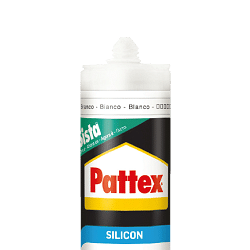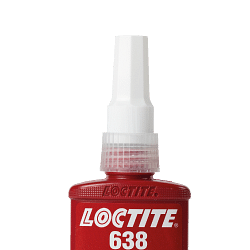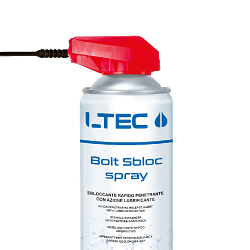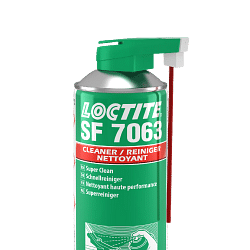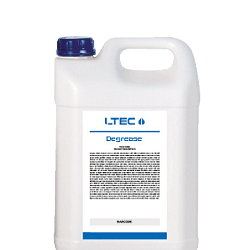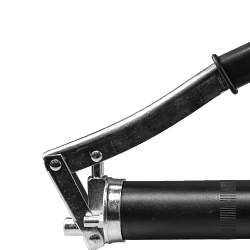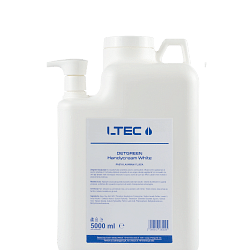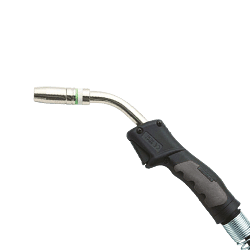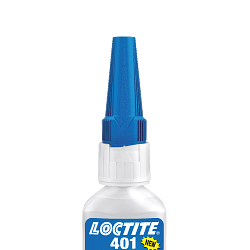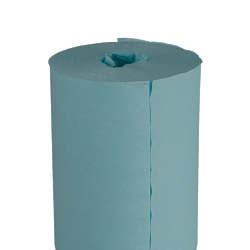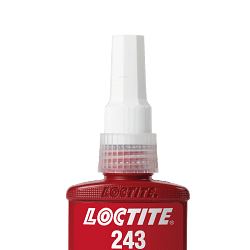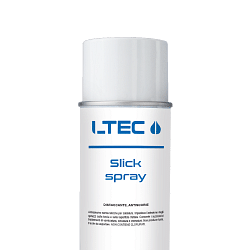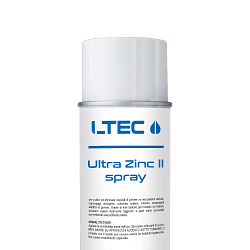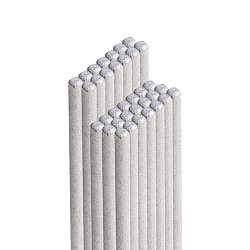Register and use the discount code NEWWELCOME to get 10% off on your first purchase. GET DISCOUNT.
Register and use the discount code NEWWELCOME to get 10% off on your first purchase. GET DISCOUNT.
Register and use the discount code NEWWELCOME to get 10% off on your first purchase. GET DISCOUNT.
Free shipping in 24h from 200€
Catalogues
Customer service
How can we help you?
- Faq
- Customer service
02.927371
- Supporting big orders
02.38298620
-
info@linkindustrialtools.it
- Request assistance with form
Or contact us with the chat in the lower right corner
- All products
 Integral cutting tools
Integral cutting tools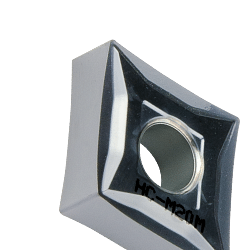 Turning tools
Turning tools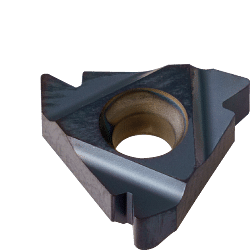 Thread tools
Thread tools Thread tools
Thread tools- All products
- Thread inserts
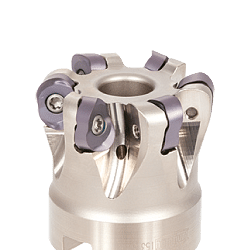 Milling cutters
Milling cutters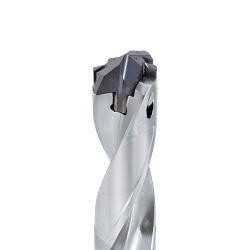 Drilling tools
Drilling tools Drilling tools
Drilling tools- All products
- Indexable drill bits
- Indexable drill heads
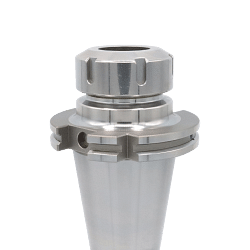 Clamping systems
Clamping systems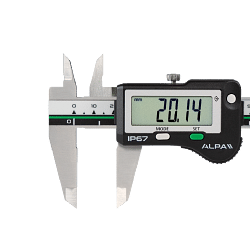 Measuring and precision tools
Measuring and precision tools Measuring and precision tools
Measuring and precision tools- All products
- Digital calipers with readings to 0.01
- Analogue calipers
- Digital micrometers
- Analogue micrometers
- Bore gauges
- Snap gauges
- Digital gauges
- Analogue gauges
- Touch probes
- Zero setters and edge finders
- Inspection plates
- Altimeters
- Height gauges
- Squares and levels
- Threaded rings
- Gauge blocks
- Calibrated tapes and thickness gauges
- Digital and analogue hardness testers
- Roughness testers
- Microscopes, lenses and visors
- Digital thermo-hygrometer to measure moisture
- Reset benches
- Optical profile projector
- Professional, digital dynamometers
- Laboratory scales
- Digital amperometric pliers
- Thickness and adhesion gauges
 Hand tools
Hand tools Hand tools
Hand tools- All products
- Combination wrenches
- Spanners
- Hook wrenches
- Tubular wrenches
- Hexagon keys
- Torx wrench
- Socket wrenches
- Screwdrivers
- Torque wrenches
- Torque screwdriver
- Inserts and bits for screw drivers
- Tool trolleys
- Workshop pliers
- Wire strippers
- Cable strippers
- Cutting nippers
- Professional scissors
- Nippers
- Professional shears
- American or Swedish pipe wrench
- Adjustable wrench
- Pipe tools
- Pipe cutter for plumber
- Cutter
- Hacksaws
- Deburring tools
- Chisels
- Hammers and mallets
- Mechanical and conical pullers
- Clamps
- Tap wrenches and die stocks
- Riveters
- Flexometers
- Tape measures
- Markers
- Flat squares and rulers
- Professional dividers
- Professional protractors
- Brushes
- Lubricators and spray nozzles
- T-wrenches
- Reversible ratchets
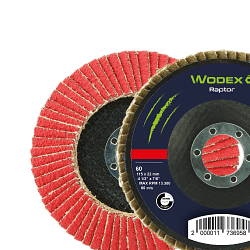 Abrasives
Abrasives Abrasives
Abrasives- All products
- Cutting discs
- Deburring grinding wheel
- Flap discs
- Fabric discs for surface treatment
- Abrasive fibre discs with Velcro
- Abrasive cloth in rolls, sheets and bands
- Flap wheels with pin and abrasive wheel with hole
- Abrasive wheels for buffing machines
- Abrasive spiral bands
- Abrasive brushes
- Flexible sanders
- Mounted grinding discs
- Polishing felt
- Solid carbide rotary cutters
- HSS rotary cutters
- Abrasive wheels for sharpening and grinding
- Diamond grinding wheels
- Grinding stone
- Diamond paste
- Abrasive stones
- Files and rasps
- Diamond files
- Grinders and polishing equipment
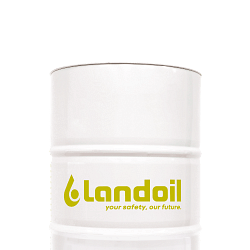 Lubricants for machine tools
Lubricants for machine tools Lubricants for machine tools
Lubricants for machine tools- All products
- Water-miscible coolants
- Neat cutting oil
- Minimal lubrication systems
- Oil for guides and slides
- Drums of hydraulic oil fluid
- Anti-freeze for machine tools
- Air coolers
- Oil separator
- Powders and absorbents for oil
- Aspirators for oil mist
- Accessories for cooling lubricants
- Metal and mould protectors
- Grease and paste
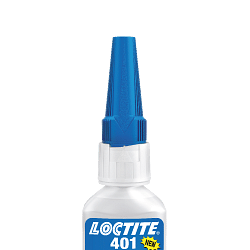 Chemical, adhesives and sealants
Chemical, adhesives and sealants Chemical, adhesives and sealants
Chemical, adhesives and sealants- All products
- Acrylic, cyanoacrylate and epoxy adhesives
- Guns and silicon sealant
- Threadlocker
- Sealants and retainers
- Release agents, lubricants and anti-seize
- Zinc spray and polishes
- Lubrication accessories
- Protections for maintenance
- Industrial Cleansing
- Handwash
- Industrial cloths and rags
- Welding machines
- Electrodes
- Clamps, shields and welding masks
- Antispatter
 Safety equipment
Safety equipment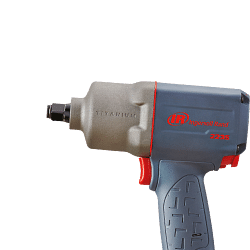 Pneumatics
Pneumatics Lifting systems
Lifting systems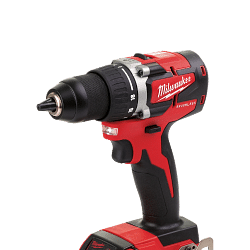 Workshop equipment
Workshop equipment Workshop equipment
Workshop equipment- All products
- Column and bench drills
- Accessories for lathes
- Band saws
- Cut-off machines
- Bench grinders
- Power tools
- Spare parts and accessories for Power Tools
- Saws and hole cutters: wood, metal and plasterboard
- Tapered cutters for sheet metal
- Industrial aspirators
- Fume aspirators
- Bench vices
- Technical lamps
- LED torches
- Industrial cable winders
- Trolley wheels
- Quick clamps
- Threaded inserts
- Control knobs
- Packaging accessories and material
- Belt sanders
- Electric tapping machines
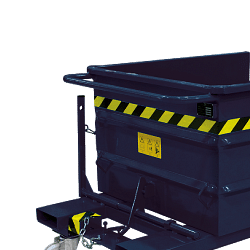 Furnishings and storage
Furnishings and storage Furnishings and storage
Furnishings and storage- All products
- Work benches
- Swivel chairs for office use
- Drawer units for workshops
- Industrial cabinets for warehouses and workshops
- Tool cabinets
- Security cabinets
- Changing room cabinets
- Containers for small metal parts
- Scrap holders
- Workshop trolleys
- Spill pallets for drum storage
- Shelves for warehouses and offices
- Cantilever shelving
- Aluminium ladders
- Modular plinths
- Units and cabinets for waste recycling
 Brand
BrandPromotions
 Bestseller
Bestseller- Catalogues
-
Catalogues
Customer service
How can we help you?
- Faq
- Customer service
02.927371
- Supporting big orders
02.38298620
-
info@linkindustrialtools.it
- Request assistance with form
Or contact us with the chat in the lower right corner
< Chemical, adhesives and sealants
- Home
- Chemical, adhesives and sealants
- Zinc spray and polishes
Zinc spray and polishes
In the world of machine shops, the importance of surface treatments cannot be underestimated. Among these, galvanisers play a key role, offering essential protection against corrosion and improving the durability of metal components. In this in-depth look, we will explore in detail what galvanisers are, how they are used, the benefits they offer and answer some of the most frequently asked questions on this topic.
Understanding galvanisers: a technical overview
Galvanisers are zinc-based coatings applied to metal surfaces to protect them from corrosion. This process, known as galvanising, creates a physical barrier that prevents corrosive agents from reaching the underlying metal. There are different types of galvanisers, including cold galvanisers, hot-dip galvanisers and electrolytic galvanisers, each with specific characteristics and applications.
Cold Galvanisers: Versatility and Applications
Cold galvanisers are composed of a mixture of zinc powders and resins that are applied by spray or brush. This type of galvanising is particularly appreciated for its ease of application and the fact that it can be used on surfaces that have already been installed or are difficult to dismantle. Cold galvanisers offer good protection against corrosion and are ideal for quick repairs and maintenance.
Hot dip galvanisers: strength and durability
Hot dip galvanising is a process in which metal components are immersed in a bath of molten zinc. This method guarantees a uniform and highly resistant coating, ideal for structures exposed to extreme environmental conditions. Hot dip galvanisers are particularly suitable for heavy industrial applications, where durability and corrosion resistance are essential.
Electrolytic Galvanisers: Precision and Finish
Electrolytic galvanisers, also known as electroplating, use an electrochemical process to deposit a layer of zinc on the metal surface. This method produces thin, uniform coatings with an excellent surface finish. Electrolytic galvanisers are often used in applications where aesthetics and precision are important, such as in the automotive and electronics industries.
Advantages of galvanisers: protection and sustainability
The use of galvanisers offers numerous benefits, including effective protection against corrosion, which extends the service life of metal components. In addition, galvanisers help reduce maintenance and repair costs, improving the operational efficiency of machine shops. From an environmental perspective, galvanising is a sustainable process, as zinc is a recyclable material and the coating can be removed and reapplied without compromising the quality of the underlying metal.
Frequently asked questions about galvanisers
1. What is the difference between hot dip galvanising and electrolytic galvanising?
The main difference lies in the application process. Hot dip galvanising involves immersing the metal in molten zinc, whereas electrolytic galvanising uses an electrochemical process. Hot dip galvanising offers greater corrosion resistance, whereas electrolytic galvanising provides a more precise finish.
2. Can galvanisers be applied to all types of metal?
Galvanisers are most effective on ferrous metals, such as steel and iron. However, they can also be applied to other metals, provided the appropriate methods and products are used.
3. How long does a galvanising coating last?
The durability of a galvanising coating depends on the type of galvanising, the thickness of the coating and the environmental conditions to which it is exposed. In general, a well-applied coating can last several decades.
4. Is it possible to paint over a galvanising coating?
Yes, it is possible to paint over a galvanising coating. However, it is important to use compatible primers and paints to ensure good adhesion and optimum protection.
5. What are the safety regulations for the application of galvanisers?
The application of galvanisers must comply with current safety regulations, which include the use of personal protective equipment and proper waste management. It is essential to follow the manufacturer's instructions and safety guidelines to avoid risks to health and the environment.
Conclusion: the importance of galvanisers in mechanical workshops
In conclusion, galvanisers are an indispensable solution for machine shops wishing to ensure the longevity and reliability of their metal components. Thanks to their ability to protect against corrosion and improve the aesthetics of surfaces, galvanisers are a valuable investment for any industrial business. Choosing the right type of galvaniser for your needs and applying it correctly can make the difference between a long-lasting component and one that requires frequent maintenance.
Read More Read LessUnderstanding galvanisers: a technical overview
Galvanisers are zinc-based coatings applied to metal surfaces to protect them from corrosion. This process, known as galvanising, creates a physical barrier that prevents corrosive agents from reaching the underlying metal. There are different types of galvanisers, including cold galvanisers, hot-dip galvanisers and electrolytic galvanisers, each with specific characteristics and applications.
Cold Galvanisers: Versatility and Applications
Cold galvanisers are composed of a mixture of zinc powders and resins that are applied by spray or brush. This type of galvanising is particularly appreciated for its ease of application and the fact that it can be used on surfaces that have already been installed or are difficult to dismantle. Cold galvanisers offer good protection against corrosion and are ideal for quick repairs and maintenance.
Hot dip galvanisers: strength and durability
Hot dip galvanising is a process in which metal components are immersed in a bath of molten zinc. This method guarantees a uniform and highly resistant coating, ideal for structures exposed to extreme environmental conditions. Hot dip galvanisers are particularly suitable for heavy industrial applications, where durability and corrosion resistance are essential.
Electrolytic Galvanisers: Precision and Finish
Electrolytic galvanisers, also known as electroplating, use an electrochemical process to deposit a layer of zinc on the metal surface. This method produces thin, uniform coatings with an excellent surface finish. Electrolytic galvanisers are often used in applications where aesthetics and precision are important, such as in the automotive and electronics industries.
Advantages of galvanisers: protection and sustainability
The use of galvanisers offers numerous benefits, including effective protection against corrosion, which extends the service life of metal components. In addition, galvanisers help reduce maintenance and repair costs, improving the operational efficiency of machine shops. From an environmental perspective, galvanising is a sustainable process, as zinc is a recyclable material and the coating can be removed and reapplied without compromising the quality of the underlying metal.
Frequently asked questions about galvanisers
1. What is the difference between hot dip galvanising and electrolytic galvanising?
The main difference lies in the application process. Hot dip galvanising involves immersing the metal in molten zinc, whereas electrolytic galvanising uses an electrochemical process. Hot dip galvanising offers greater corrosion resistance, whereas electrolytic galvanising provides a more precise finish.
2. Can galvanisers be applied to all types of metal?
Galvanisers are most effective on ferrous metals, such as steel and iron. However, they can also be applied to other metals, provided the appropriate methods and products are used.
3. How long does a galvanising coating last?
The durability of a galvanising coating depends on the type of galvanising, the thickness of the coating and the environmental conditions to which it is exposed. In general, a well-applied coating can last several decades.
4. Is it possible to paint over a galvanising coating?
Yes, it is possible to paint over a galvanising coating. However, it is important to use compatible primers and paints to ensure good adhesion and optimum protection.
5. What are the safety regulations for the application of galvanisers?
The application of galvanisers must comply with current safety regulations, which include the use of personal protective equipment and proper waste management. It is essential to follow the manufacturer's instructions and safety guidelines to avoid risks to health and the environment.
Conclusion: the importance of galvanisers in mechanical workshops
In conclusion, galvanisers are an indispensable solution for machine shops wishing to ensure the longevity and reliability of their metal components. Thanks to their ability to protect against corrosion and improve the aesthetics of surfaces, galvanisers are a valuable investment for any industrial business. Choosing the right type of galvaniser for your needs and applying it correctly can make the difference between a long-lasting component and one that requires frequent maintenance.


